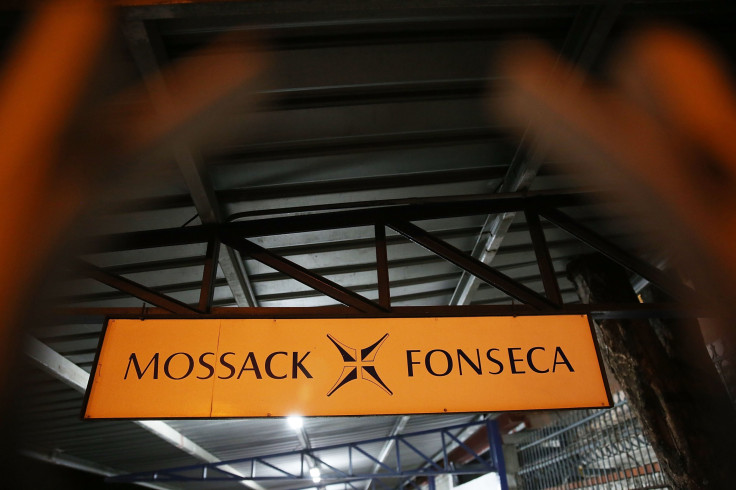Panama Papers Update: Investigators Visit Mossack Fonseca’s Office Over Computer Hack Allegations

Panamanian investigators looking into Mossack Fonseca’s allegations that a computer hack was responsible for the leak of a huge trove of data visited the office of the embattled law firm Monday, the Associated Press reported. The firm has called itself a victim of campaign against privacy and said that the leak was in fact a hack.
Following the release of the data, dubbed Panama Papers, Mossack Fonseca filed a complaint alleging security breach. The leaked trove of over 11.5 million documents exposed several offshore accounts of bigwigs and companies. The papers, with data spanning nearly 40 years, from 1977 through the end of 2015, allegedly revealed that some of the major companies were being used for suspected money laundering, arms and drug deals, and tax evasion.
The intellectual property prosecutor’s office visited Mossack Fonseca’s office, public ministry spokeswoman Sandra Sotillo said, according to the AP.
“Finally the real criminals are being investigated,” Mossack Fonseca’s co-founder Ramon Fonseca said in a message to the AP. He added that the suspected hack could have been carried outside Panama, possibly in Europe.
Fonseca had said that the emails — excerpts of which were used to reveal the details on offshore accounts — were taken out of context. He also said that the leak was a “witch hunt.”
“The only crime that has been proven is the hack,” Fonseca said. “No one is talking about that. That is the story.”
Meanwhile, Wolfgang Krach, co-editor-in-chief of the Sueddeutsche Zeitung, the German newspaper that broke the story, on Monday defended the paper's decision of publishing the controversial story.
"We don't know if this source got access lawfully or unlawfully, we just don't know," Krach said, according to Reuters. "The decisive question is first of all: is the information that came to us from the source credible? That is the most important point. And the second point is: is it relevant so that we publish?"
Krach also drew parallels with former American spy agency contractor Edward Snowden, when asked if it turned out that the source had resorted to hacking the law firm's systems to extract the data, Reuters reported.
The Panamanian government is set to form an international committee of experts to propose ways to bring improvements in the country’s offshore financial industry. Last Wednesday, Panamanian President Juan Carlos Varela defended his country calling the release of the data a “media attack” by wealthy countries, which he said were overlooking their own drawbacks and unfairly denouncing the Central American nation.
France announced last Tuesday it would put Panama on a list of so-called global tax havens — a decision that drew criticism from Panama.
“In Panama, there is a law that sets out retaliation measures against countries that include Panama in ‘gray lists,’” Panama’s minister of the presidency, Alvaro Aleman, said. “The government is going to have to analyze the situation and is inclined to take a series of steps that naturally could go towards adopting means of retaliation.”
Some of those “steps” could reportedly include blocking foreign investment or withholding public tenders.
© Copyright IBTimes 2025. All rights reserved.






















